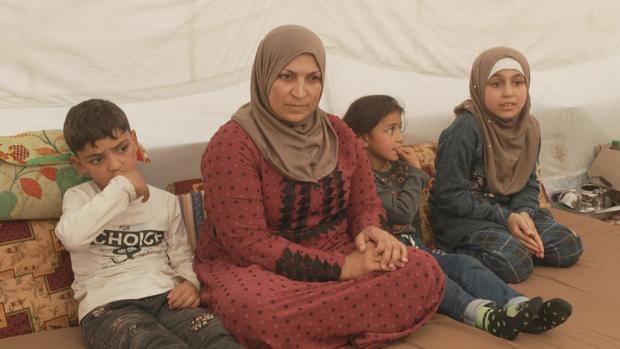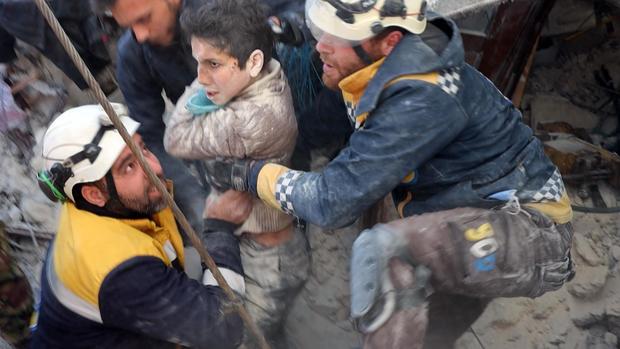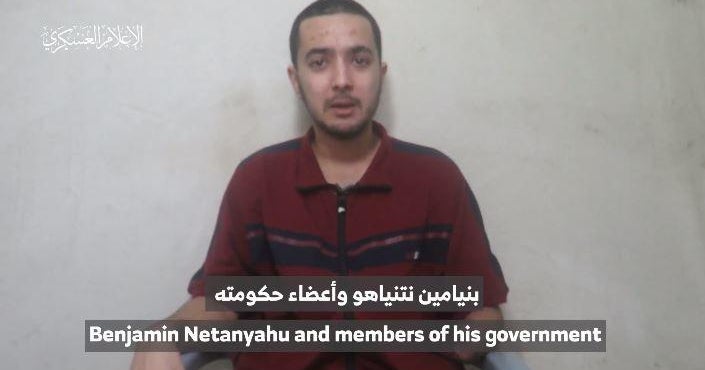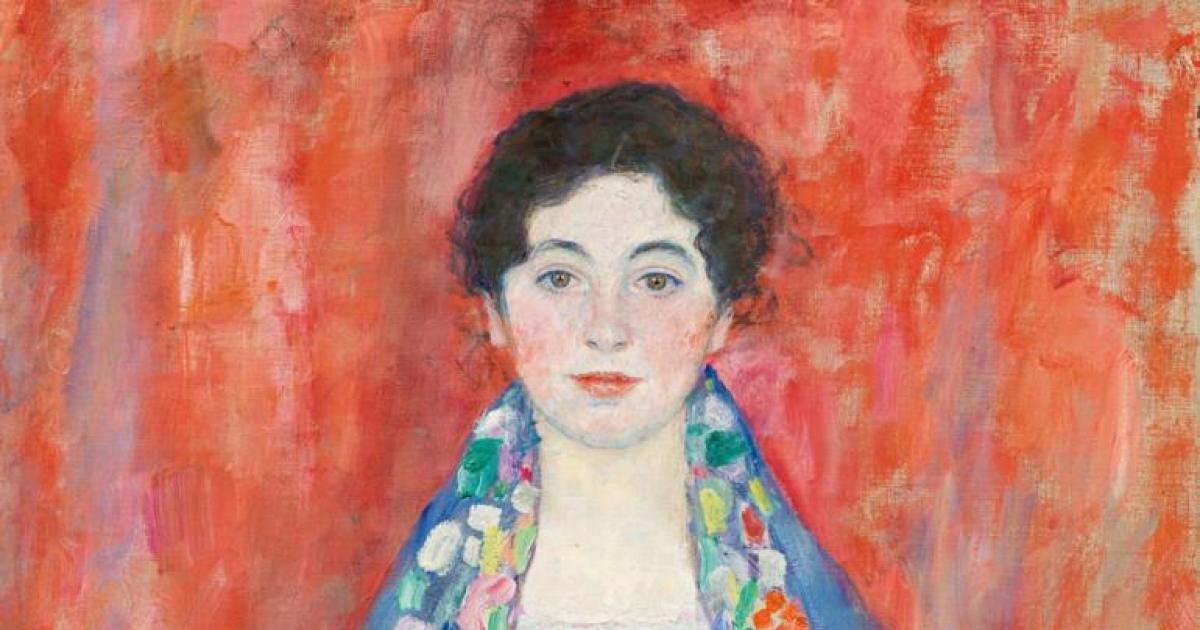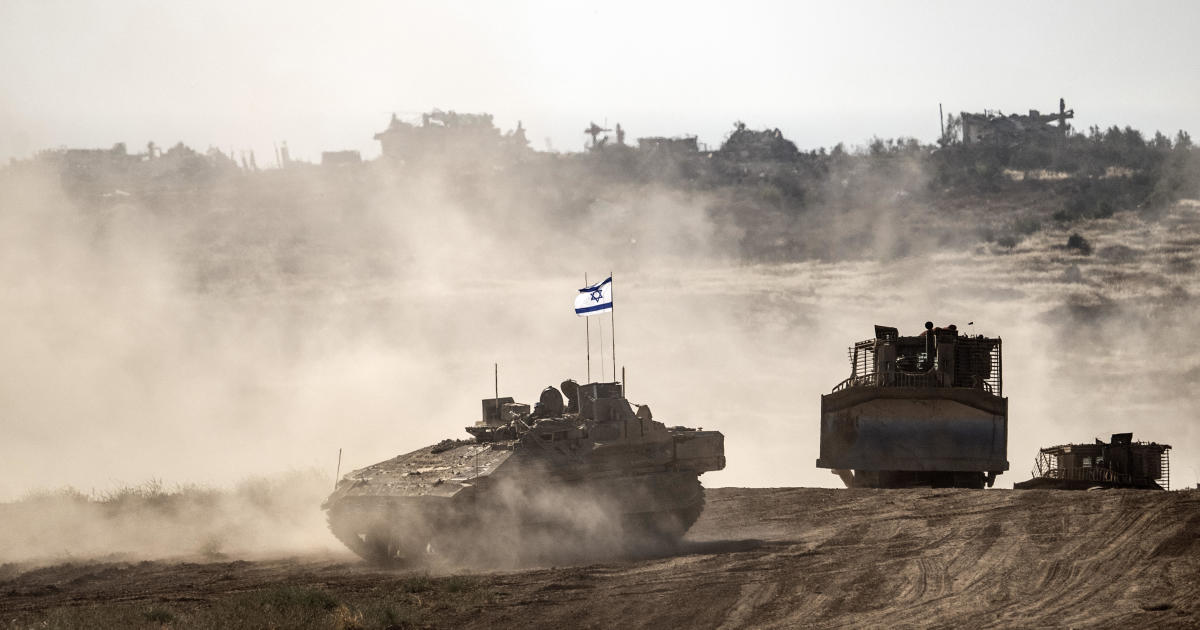Flashes of hope in northwest Syria keep first responders going despite war, earthquakes
In northwest Syria, rescue after February's devastating earthquakes did not assure survival. Ambulances raced to a medical system in critical condition itself after 12 years of bombed hospitals and murdered doctors.
People awoke on Feb. 6, the night of the first quake, to what they assumed was an airstrike. They've dealt with relentless attacks since 2011, when the war started with an uprising to end the Assad family's 52-year dictatorship.
Bashar al-Assad responded to the uprising by leveling his country with artillery, chemical weapons and explosive barrels dropped from planes. Fourteen million people have lost their homes. Half a million are dead.
The earthquakes added to the suffering. Samer Attar, an American doctor born to Syrian parents, has helped families in pain through the war and the aftermath of the quakes. He did 23 different surgeries his first day in Syria after the earthquakes.
"I remember crying myself to sleep the first night. Because it was just, the suffering was just so overwhelming," he said.
Some medical care after the quakes was provided at a hospital built in a cave. It was constructed there to make it hard to find and even harder to hit. The hospital proved its endurance in the quakes. In northwest Syria, where 4,500 died in the quakes, bodies were laid out in the hallways of the cave hospital.
"I remember a 22-year-old that got engaged the day before the earthquake, and the next day his whole family was gone," Attar said. "I remember a 16-year-old who was paralyzed from the neck down, and her family was gone. And two orphaned teenage sisters, both with wounds in both legs requiring multiple surgeries. And a 4-year-old kid with a traumatic brain injury on a ventilator."
Among the dead were three of 35-year-old Zainab Ali al-Najib's six children. The surviving children, including 8-year-old Mohammad and 6-year-old Safaa, were rushed to the cave hospital for treatment. Al-Najib had to leave one of her children in surgery to attend the funeral of another.
"I try to talk to them, but nobody answers me," the heartbroken mother said in Arabic. "The silence is unbearable. I miss seeing them and hearing their laughter. If only I could meet them for just an hour. I pray that God reunites us as soon as possible. They must miss us as much as we miss them. I hope to see them soon in heaven."
The family now lives in a tent that stands where their apartment fell. In northwest Syria, the quakes left 53,000 families with nowhere to go, expanding the war's aging camps of the homeless.
Even as rescue workers, doctors and humanitarian relief workers rushed to help al-Najib's family and others, airstrikes continued. There was an artillery bombardment in the region four days after the earthquake, Sameh Fakhori, a volunteer with the White Helmets rescue organization said. The group, a force of 3,000 civil defense workers, formed nine years ago to save victims from Assad's attacks.
With no prospect of peace, Attar worries now about vital follow-up surgeries, physical therapy and prosthetic limbs.
"They're gonna struggle," he said. "What future do they have?"
Still, Attar and other members of the Syrian American Medical Society (SAMS), a U.S. charity that operates 13 hospitals in the war zone with a Syrian staff of 2,300, keep helping.
"It's not just about showing up to help out. A lot of these missions for me are about bearing witness," he said. "They're about connection, and solidarity and advocacy. Just being able to be here, be there, and look these nurses, look these doctors in the eye, and shake their hand, and be present with them, be on the ground with them. It just lets them know that it's a small world, they are not alone and when the world is literally crashing down around you and collapsing, all we've got is each other. And that's part of the reason why I keep coming back."
He's also been a witness to moments of hope and progress. At the SAMS hospital in Idlib, Attar repaired a 12-year-old girl's arms and legs. She's since been able to stand up with the doctor's help.
That progress means a lot to Attar. He said there are days of helplessness and hopelessness where he wonders what he's accomplishing in Syria.
"You feel like you're trying to empty the ocean with a small cup because it never ends, and the suffering never ends, and it never seems to be going away. But it's those, it's those brief flashes that are enough to keep you going for another month," he said.
To learn more about the Syrian American Medical Society, click here. To learn more about the White Helmets, click here.
